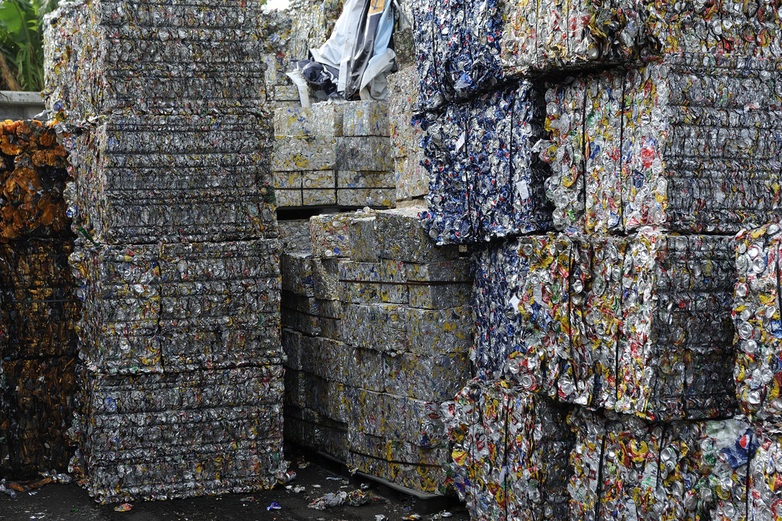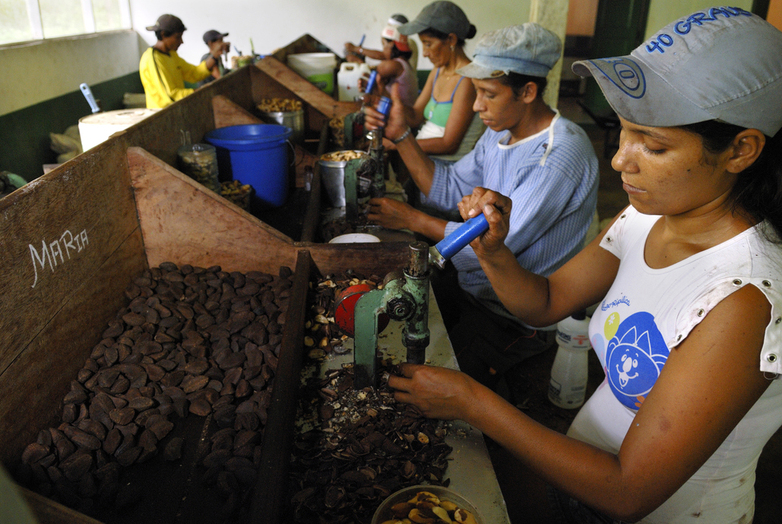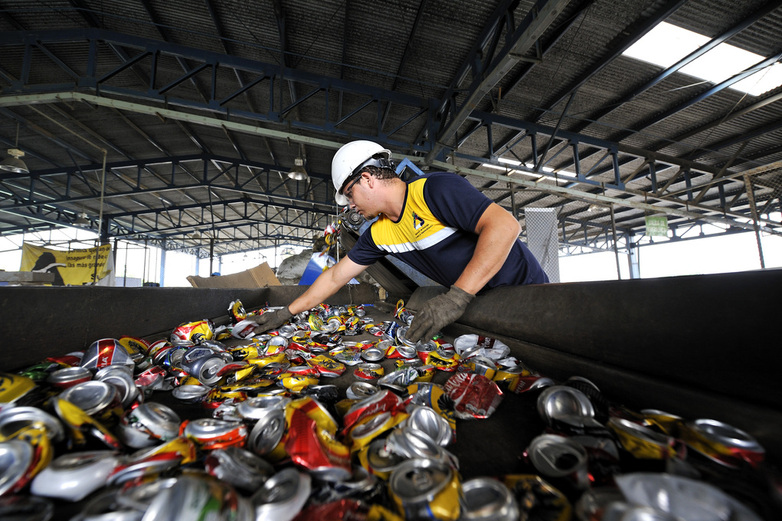Promoting the circular economy for a socio-ecological economic transformation
Promotion of a Circular Economy for a Socioecological Economic Transformation in Brazil
-
Client
German Federal Ministry for Economic Cooperation and Development (BMZ)
-
Country
-
Political sponsors
More
-
Runtime
2024 to 2027
-
Involved
Brazilian Ministry of Development, Industry, Trade and Services (MDIC), Ministry of the Environment and Climate (MMA), Economic Commission for Latin America and the Caribbean (CEPAL), Brazilian Support Service for Micro and Small Enterprises (Serviço Brasileiro de Apoio às Micro e Pequenas Empresas, SEBRAE)
-
Products and expertise
Economic development and employment
 © GIZ / Florian Kopp
© GIZ / Florian KoppContext
Brazil is facing some major challenges in its economic, ecological and social development. The current economic model is putting a strain on the environment and the climate. High resource consumption, a low level of recycling and inadequate waste disposal all contribute to this.
 © GIZ / Florian Kopp
© GIZ / Florian KoppThe Brazilian Government therefore wants to shift to an ecological and socially inclusive economic growth. The Ecological Transformation Plan and the National Circular Economy Strategy aim to change the economic model. This transformation calls for profound structural changes in how resources and products – from the design stage to final disposal – are produced, utilised, recycled and regenerated. At the same time, the circular economy offers enormous opportunities for sustainable business models and resource-saving production in various sectors. Paying special attention to disadvantaged groups is crucial to reduce social inequalities.
Objective
The economic policy conditions for promoting a socially inclusive circular economy in Brazil have improved.
 © GIZ / Florian Kopp
© GIZ / Florian KoppApproach
The project is active in four outputs to promote a socially inclusive circular economy. It provides capacity development and technical assistance to the Brazilian Government, businesses and financiers. Its priority areas are:
- developing and implementing effective economic policy instruments
- promoting new business models for the circular economy
- facilitating access to finance and appropriate financial instruments
- supporting participatory processes inclusive of relevant representatives of the public, private and civil society sectors
Last update: March 2025






